

AGRICULTURE
World Fisheries Day celebrated with a call for policy against destabilized activities of vessels
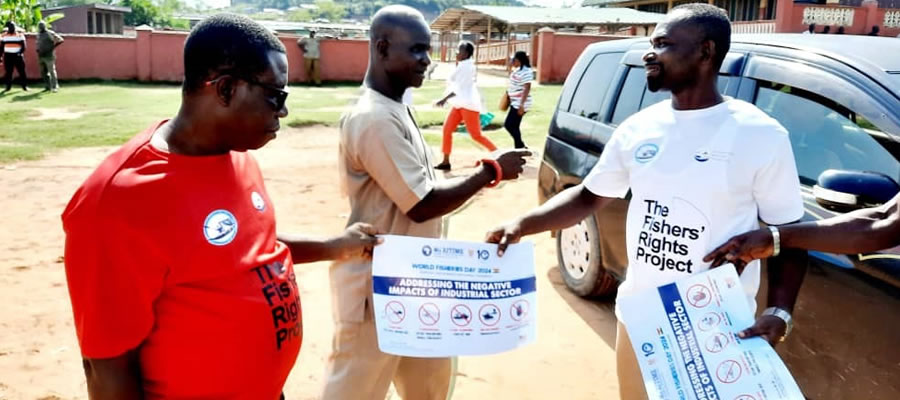
Date Created : 12/16/2024 : Story Author : Patrick Ofoe Nudzi/Ghanadistricts.com
They said though fisheries sector continues to develop and grow, the destabilizing impacts of the vessels did not only endanger the marine ecosystem but community livelihoods and small-scale fisheries.
The World Fisheries Day was commemorated at a durbar at Aboadze, a fishing community in the Western Region of Ghana, and it brought together community members, local fishermen, government officials, and environmental advocates.
The Day is celebrated all around the world in recognition of the vital role of fisheries in the lives of mankind and it serves as an important reminder of the necessity to sustainably manage marine resources.
Speaking at the event, Mr. Gabriel Gator, Research Officer with the Centre for Maritime Law and Security Africa (CEMLAWS Africa), said the risks that industrial vessels posed to local communities threatened marine biodiversity.
He said the risks also undermined the traditional livelihoods of artisanal fishers who had fished in the waters sustainably for generations and called for policies to protect artisanal fishers and ensure the health of Ghana’s marine ecosystems.
“Also, there is the need for advocacy and awareness creation among local artisanal fisher groups on the negative impacts of trawlers which include illegal, unregulated, unreported (IUU) fishing, leading to depletion of fish stocks, destabilising local and artisanal livelihoods and fisheries value chain” Mr. Gator said.
He called for stricter enforcement mechanisms through monitoring, control and surveillance (MCS) on industrial fishing practices and better protection for artisanal fishing zones and community participation to safeguard their livelihoods and fisheries resources.
CEMLAWS Africa, a non-governmental organization in Collaboration with Centre for Coastal Management and University of Cape Coast, is spearheading a project themed: “Promoting Transparency, Accountability and Local Capacity to Address the Destabilizing Impacts of Foreign Distant Water Fishing Vessels in the Gulf of Guinea and in the Waters of Mauritania.”
The organisations embarked on a sensitisation and advocacy campaign in the various communities around Aboadze using flyers and stickers that had five messages on addressing the negative impacts of trawlers in Ghanaian waters.
The advocacy campaign placed emphasis on the significance of protecting the artisanal fishing industry from the negative impacts of industrial fishing, inspiring community support for sustainable practices that respect traditional fishing methods and safeguard important habitats.
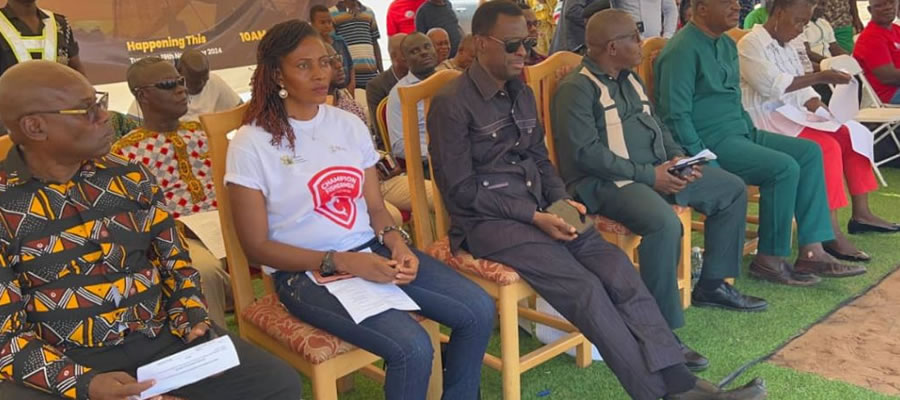
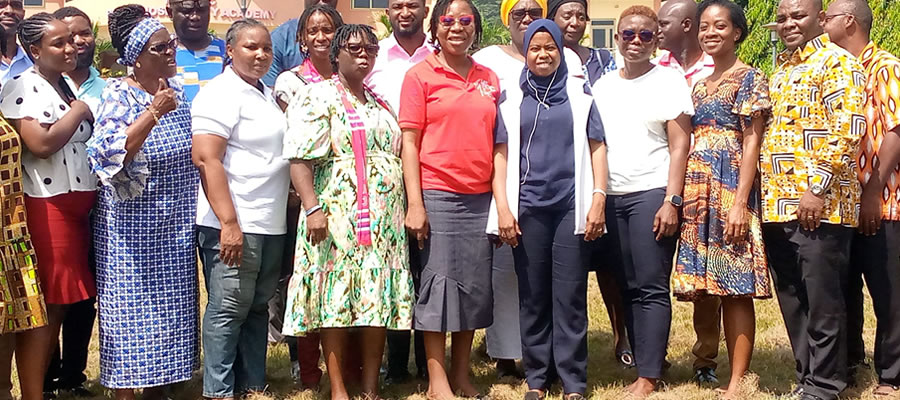
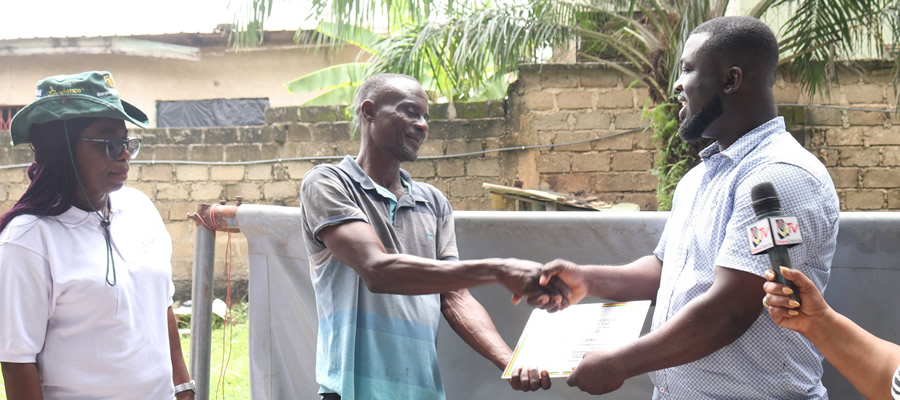
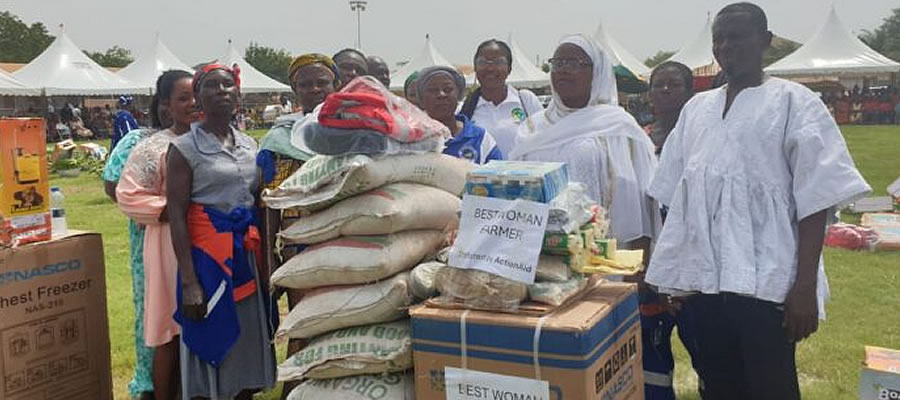
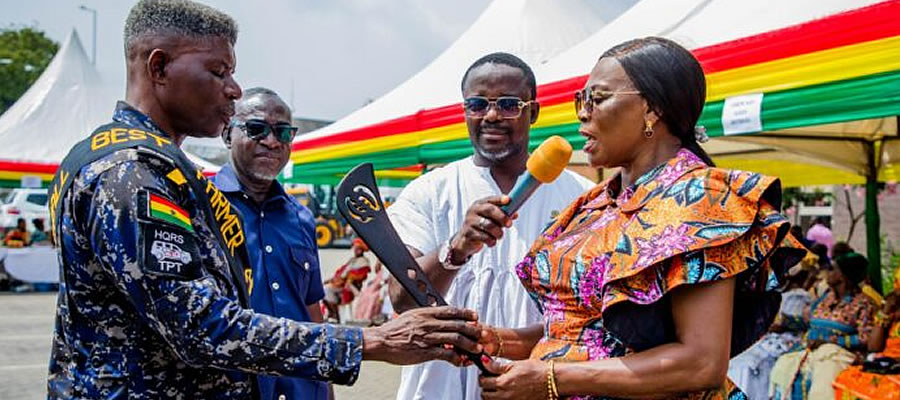
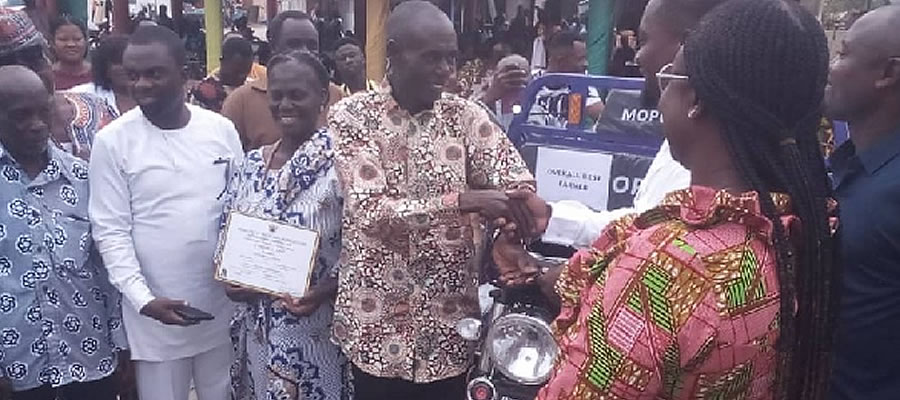
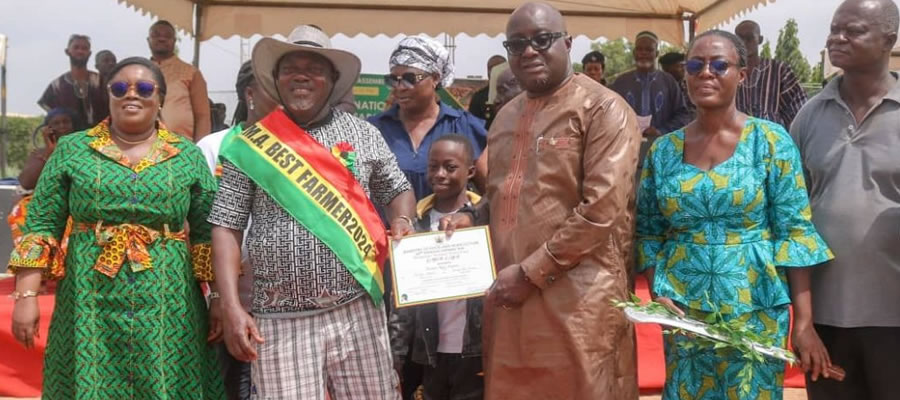
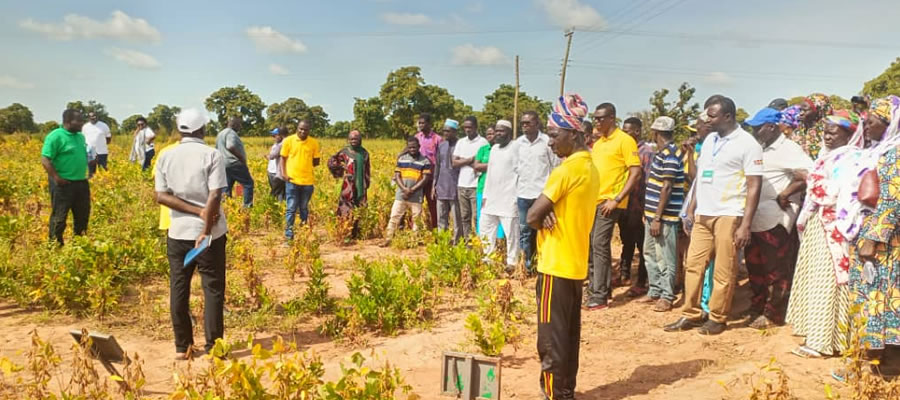
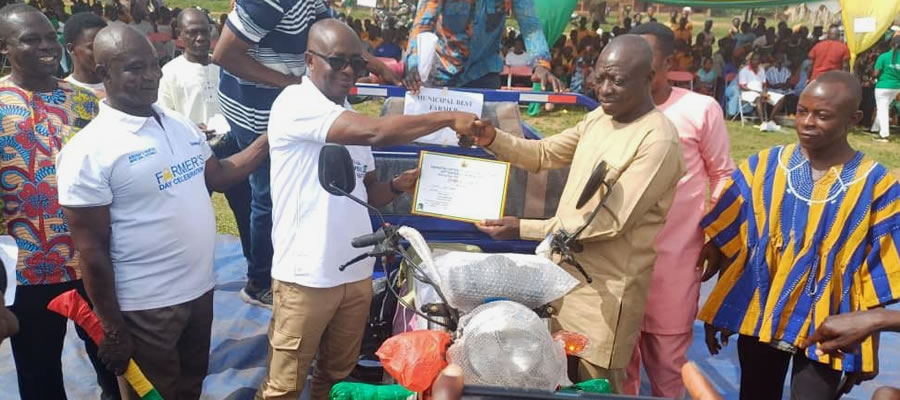
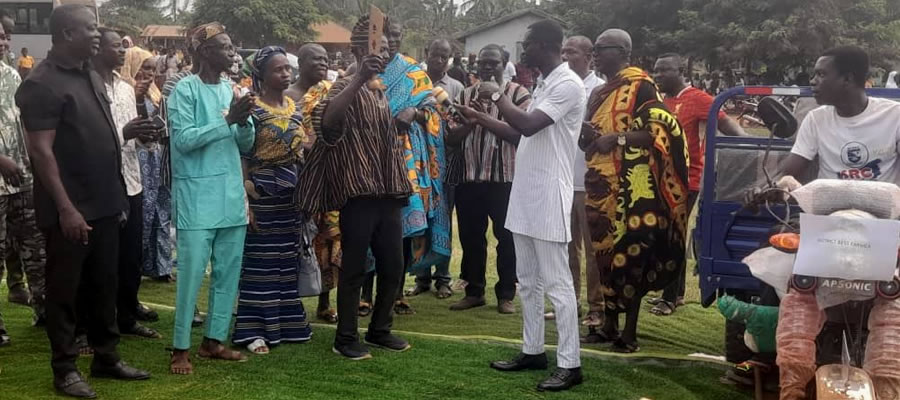
 facebook
facebook
 twitter
twitter
 Youtube
Youtube
 +233 593 831 280
+233 593 831 280 0800 430 430
0800 430 430 GPS: GE-231-4383
GPS: GE-231-4383 info@ghanadistricts.com
info@ghanadistricts.com Box GP1044, Accra, Ghana
Box GP1044, Accra, Ghana